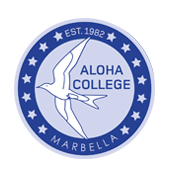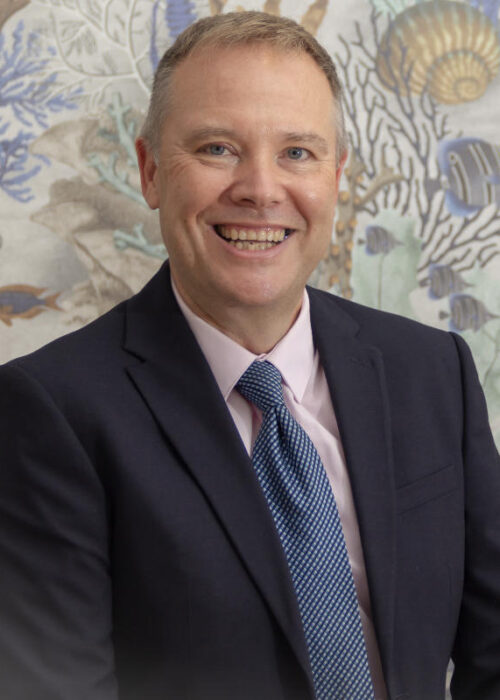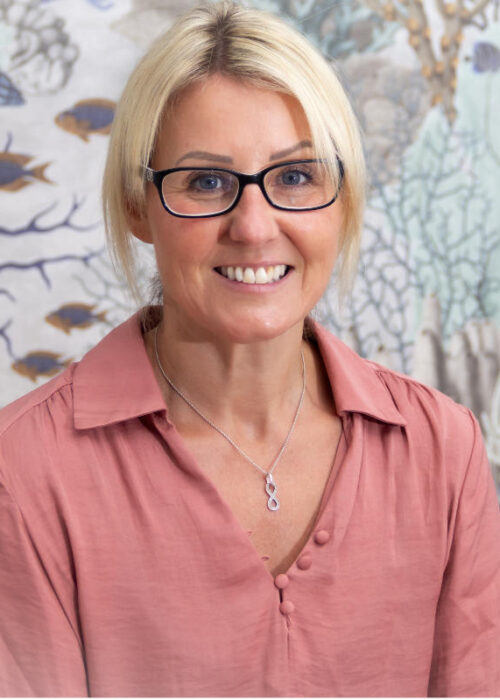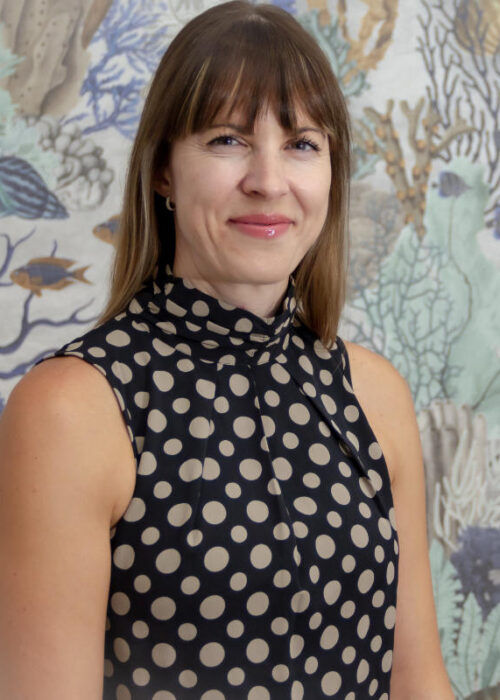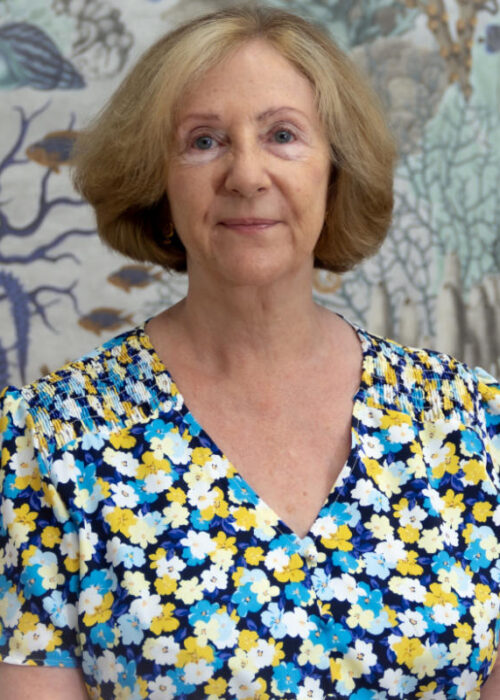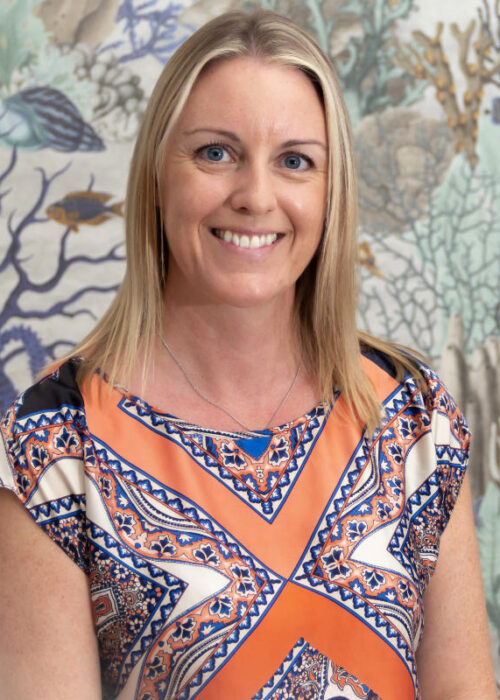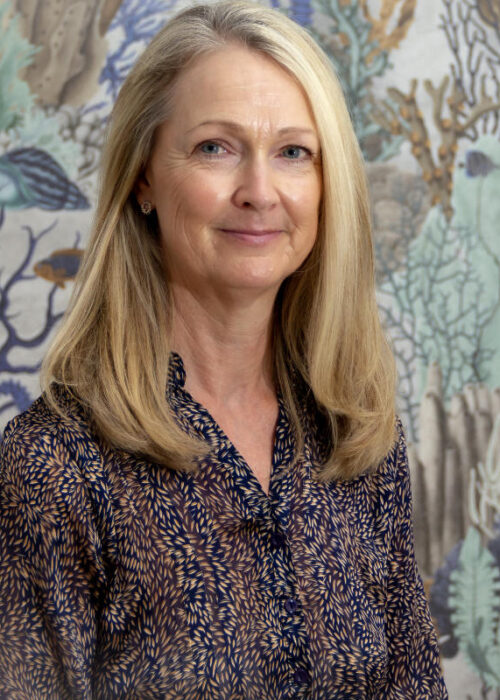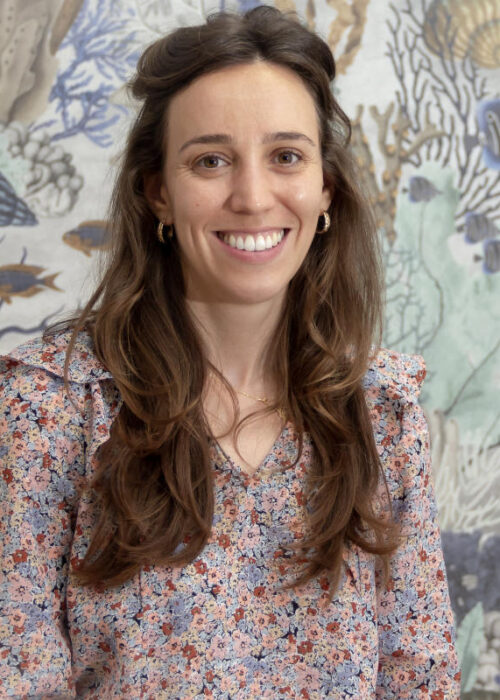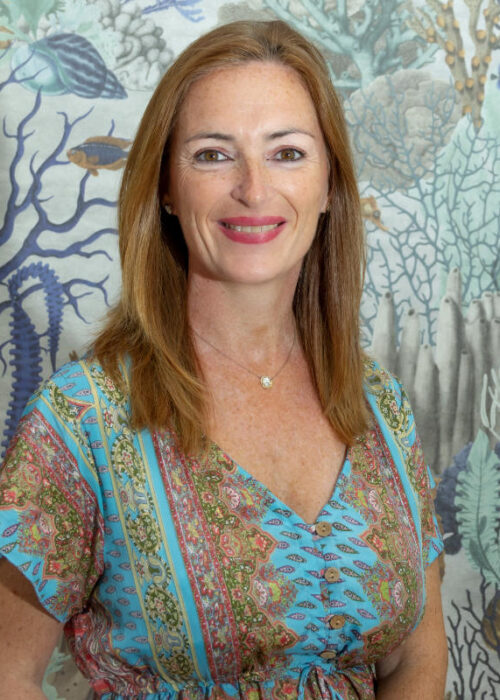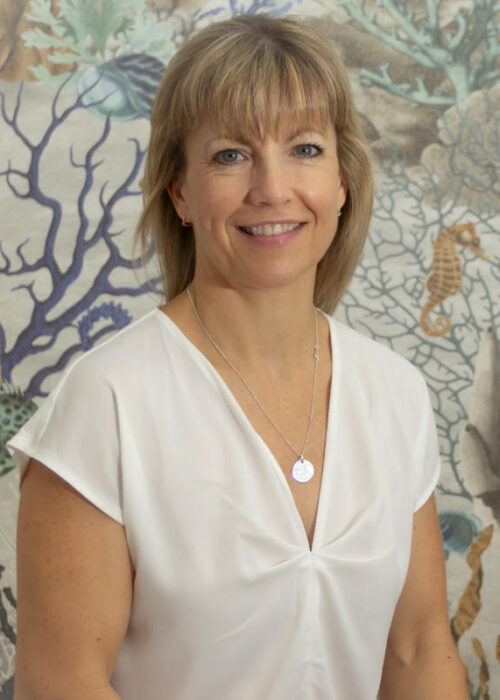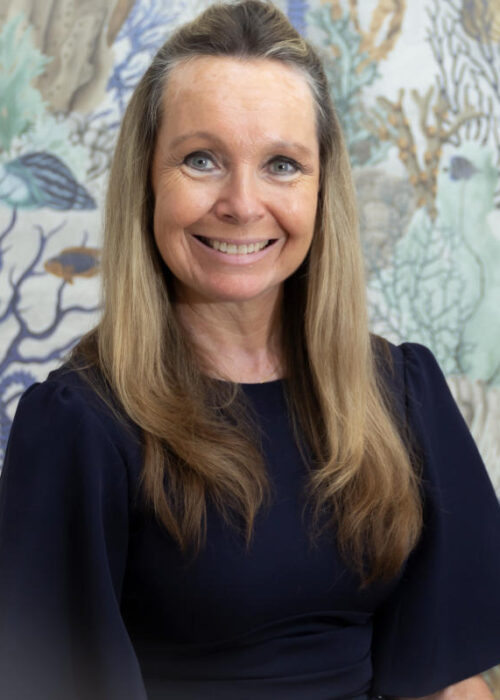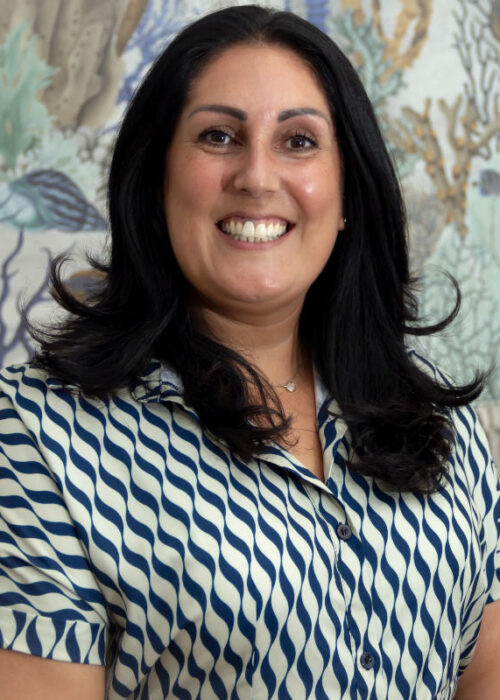If Europeans are to be \”united in diversity\”, we need to be able to understand languages other than our own.The translation contest Juvenes Translatores, now in its 4th year, promotes young peoples’ thirst to learn foreign languages.In the long run, learning languages brings people closer and allows a better understanding of other cultures. It will allow today’s young people – tomorrow’s adults – to move more easily from one European country to another, for studies and work.Juvenes Translatores also raises awareness about translation studies and the ever growing need for translators, both in the EU institutions and throughout Europe in general.Our pupils Alicia Cerezo y Alexandra Kahr demonstrated remarkable linguistic talent and were rated amongst the best 10% of translators in Spain. Well done!


